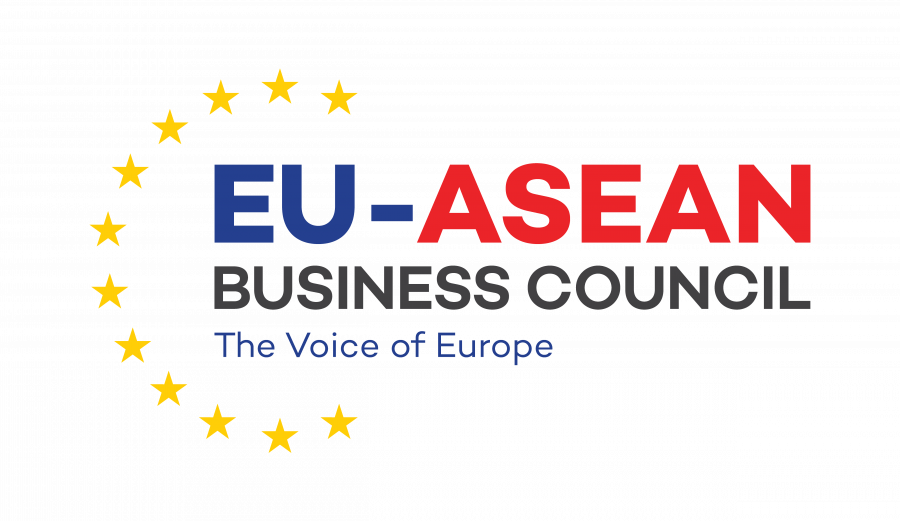According to the joint WHO-Malaysian Ministry of Health report on ‘The Direct Health-care Cost of Noncommunicable Diseases in Malaysia’, it is estimated that the direct healthcare costs of selected noncommunicable diseases (NCDs) – cardiovascular disease (CVD), diabetes and cancer – for the national population of Malaysia totalled RM 9.65 billion (16.8% of total health expenditures in 2017). As the main cause of death and disability in Malaysia, the combined cost burden of NCDs, including the cost of lost productivity, amounts to RM 22.53 billion, or 1.56% of Malaysia’s 2017 GDP.
This echoes the findings of the 2019 National Health and Morbidity Survey (NHMS), published this year by the Ministry of Health which highlighted the severity of NCDs in Malaysia. With 76.5% of Malaysians aged 60 and above having at least one NCD, the report demonstrates that NCDs remain the largest contributor to premature mortality in Malaysia. Therefore, the implementation of health promotion and screening programmes related to CVDs, cancer, chronic respiratory disease, and diabetes will be critical in reducing premature mortality among Malaysians. Especially as Malaysia is gearing towards becoming – much like other ASEAN member states – an ageing society by 2030.
To remedy this, the recently announced Malaysia healthcare budget earmarking RM36.3 billion will buttress stockpiling to address the strain experienced by the healthcare system throughout the pandemic and alleviate the burden of its shrinking workforce. Continued commitment to expand universal health coverage and access to healthcare can only be done sustainably through the adoption of novel and robust financing mechanisms.
To improve social determinants of health and public health outcomes, deepening public-private collaboration will be key. A whole-of-society and person-centred approach through partnerships can ensure provision of affordable and accessible quality healthcare – introduction to latest medical technology; streamlining procurement process for a consistent supply of vaccines – are made available for all Malaysians.

